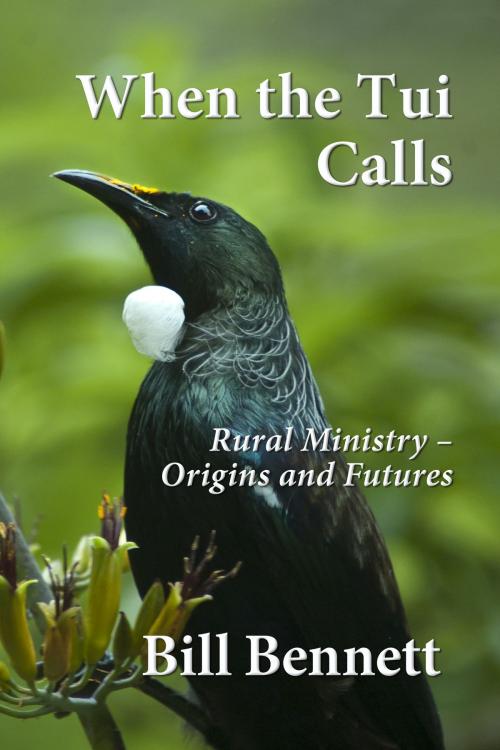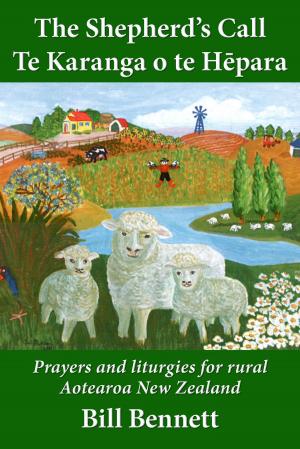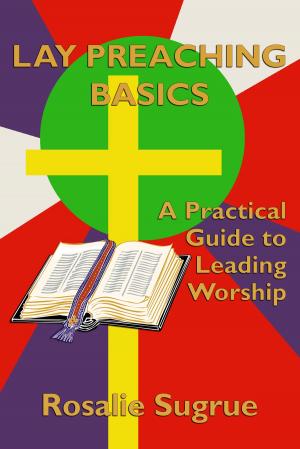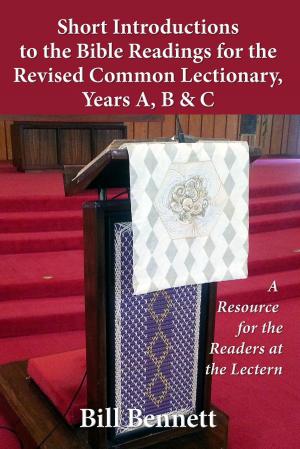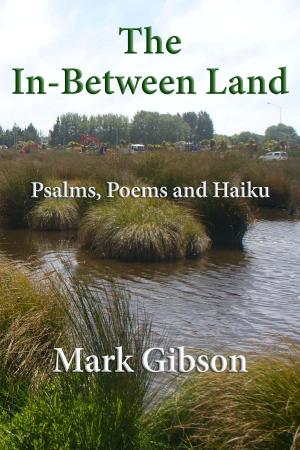When the Tui Calls
Rural Ministry – Origins and Futures
Nonfiction, Religion & Spirituality, Christianity, Church, Pastoral Ministry, Church History, Christian Life| Author: | Bill Bennett | ISBN: | 9781927260715 |
| Publisher: | Philip Garside Publishing Ltd | Publication: | May 5, 2017 |
| Imprint: | Language: | English |
| Author: | Bill Bennett |
| ISBN: | 9781927260715 |
| Publisher: | Philip Garside Publishing Ltd |
| Publication: | May 5, 2017 |
| Imprint: | |
| Language: | English |
The Tui (Parson Bird), with its tuft of white feathers at the neck, is highly adaptive, has a distinctive call, is protective of its domain, is an imitator of song and speech and is an enduring example of survival and adaptability.
This essay on rural ministry reflects on its long evolution, its current challenges, and its continuing viability for the future in Aotearoa New Zealand.
Bennett highlights some key issues and opportunities for rural ministry today, including:
- Maintaining identity as a rural community and church
- Being forums for wider community discussion on current issues
- Re-vitalising the church’s ministry of hospitality
- Ensuring those responsible for worship leadership are well-trained
- Ensuring that worship gives expression to what is actually happening in the rural community
- Developing strategies for on-farm, at-home visits or sub-regional get-togethers
- Offering theological college students short residential stays to help them understand time-work-seasonality relationships, and how rural people view life and society.
“The work you have in your hands is an invaluable insight into the roles that faith and Christian ministry offer to rural life, born not only out of Bill’s experience, but also with the depth of the history of the life of the Church in word and sacrament. Bill provides the Church today with a pathway back into our history that will help us to identify the roots of our ministry in rural life that enables us to navigate our present and near future.” From the Foreword, by Bishop Andrew Hedge
About the Author
Bill Bennett comes from a Southern Hawke’s Bay farming background.
He has served much of his ministry as an Anglican priest in rural parishes in the Diocese of Waiapu as well as in the Norwich and Lichfield Dioceses in England. He worked as Ministry Enabler and twice as Regional Dean in Hawke’s Bay between 1994 and 2015.
His interest in rural communities is reflected in his publications: God of the Whenua (an overview of rural ministry in New Zealand), Seasons of the Land and The Shepherd’s Call (both being prayers and liturgies for rural communities). He continues to write hymns and songs (words and music).
He is on the Editorial Board of the international periodical, Rural Theology. Till its demise recently he was tutor in Rural Ministry Studies for the Ecumenical Institute for Distance Theological Studies (EIDTS).
He and his wife Wendy live in retirement in Napier, New Zealand.
The Tui (Parson Bird), with its tuft of white feathers at the neck, is highly adaptive, has a distinctive call, is protective of its domain, is an imitator of song and speech and is an enduring example of survival and adaptability.
This essay on rural ministry reflects on its long evolution, its current challenges, and its continuing viability for the future in Aotearoa New Zealand.
Bennett highlights some key issues and opportunities for rural ministry today, including:
- Maintaining identity as a rural community and church
- Being forums for wider community discussion on current issues
- Re-vitalising the church’s ministry of hospitality
- Ensuring those responsible for worship leadership are well-trained
- Ensuring that worship gives expression to what is actually happening in the rural community
- Developing strategies for on-farm, at-home visits or sub-regional get-togethers
- Offering theological college students short residential stays to help them understand time-work-seasonality relationships, and how rural people view life and society.
“The work you have in your hands is an invaluable insight into the roles that faith and Christian ministry offer to rural life, born not only out of Bill’s experience, but also with the depth of the history of the life of the Church in word and sacrament. Bill provides the Church today with a pathway back into our history that will help us to identify the roots of our ministry in rural life that enables us to navigate our present and near future.” From the Foreword, by Bishop Andrew Hedge
About the Author
Bill Bennett comes from a Southern Hawke’s Bay farming background.
He has served much of his ministry as an Anglican priest in rural parishes in the Diocese of Waiapu as well as in the Norwich and Lichfield Dioceses in England. He worked as Ministry Enabler and twice as Regional Dean in Hawke’s Bay between 1994 and 2015.
His interest in rural communities is reflected in his publications: God of the Whenua (an overview of rural ministry in New Zealand), Seasons of the Land and The Shepherd’s Call (both being prayers and liturgies for rural communities). He continues to write hymns and songs (words and music).
He is on the Editorial Board of the international periodical, Rural Theology. Till its demise recently he was tutor in Rural Ministry Studies for the Ecumenical Institute for Distance Theological Studies (EIDTS).
He and his wife Wendy live in retirement in Napier, New Zealand.
